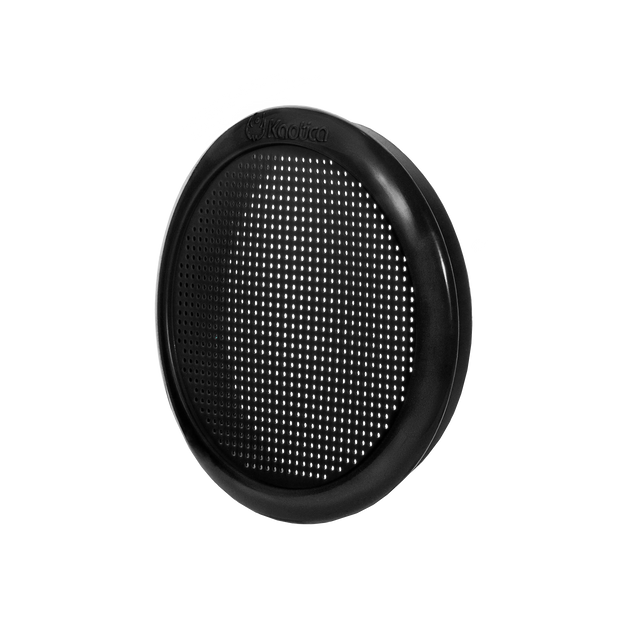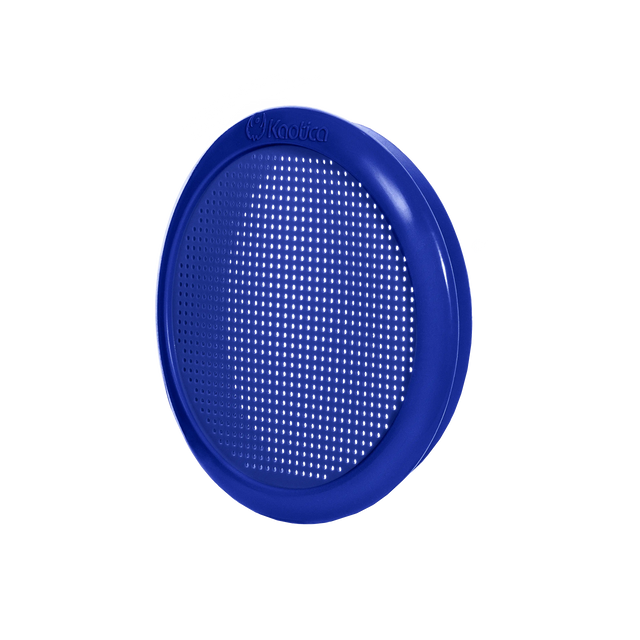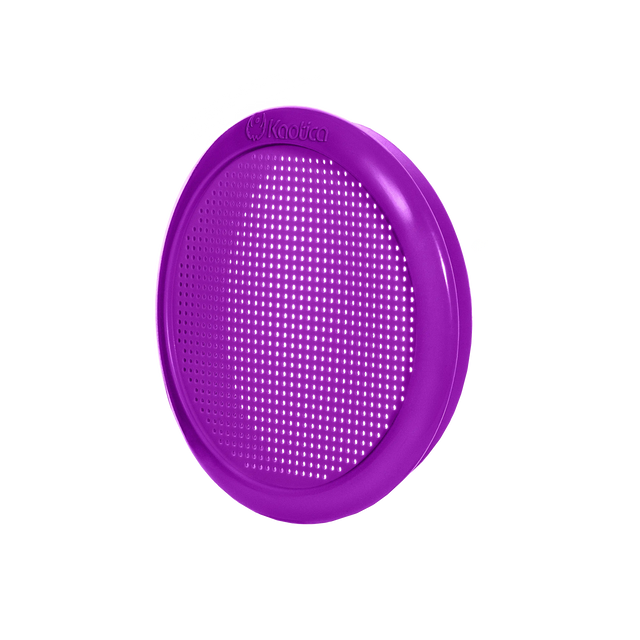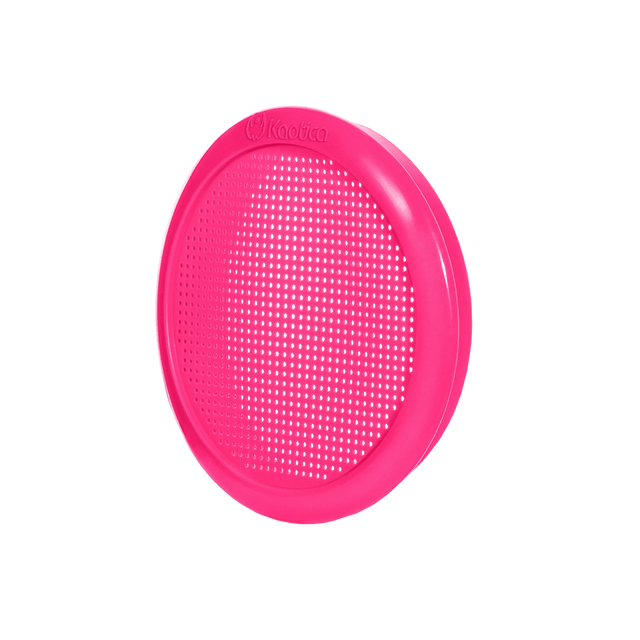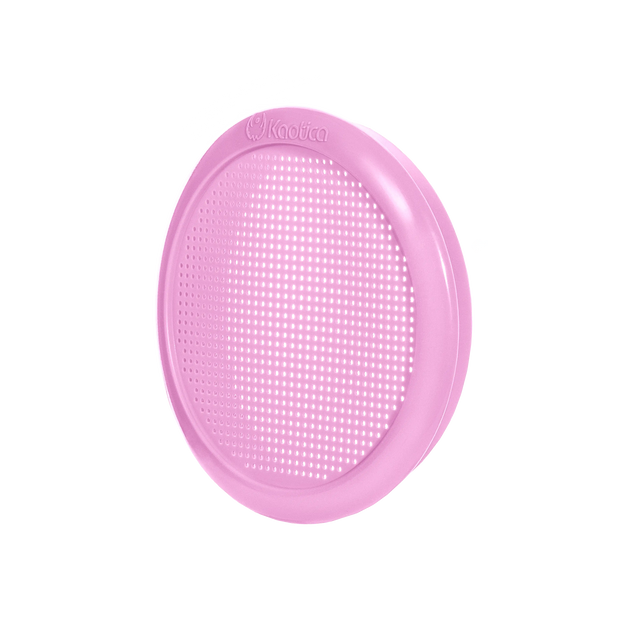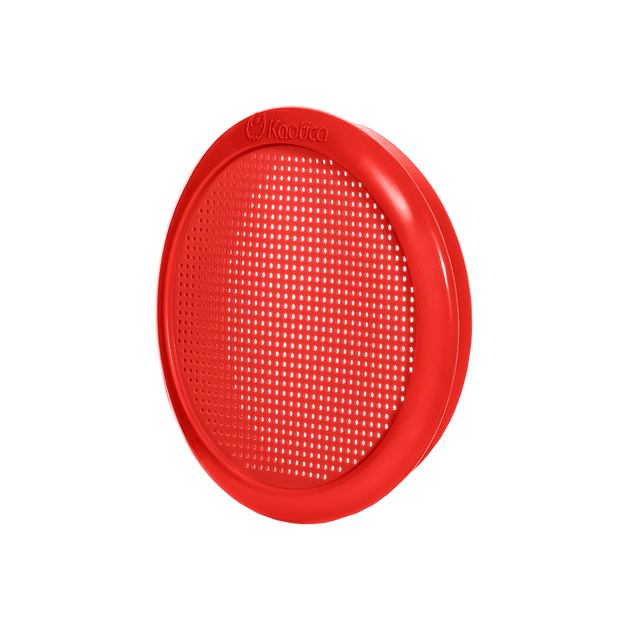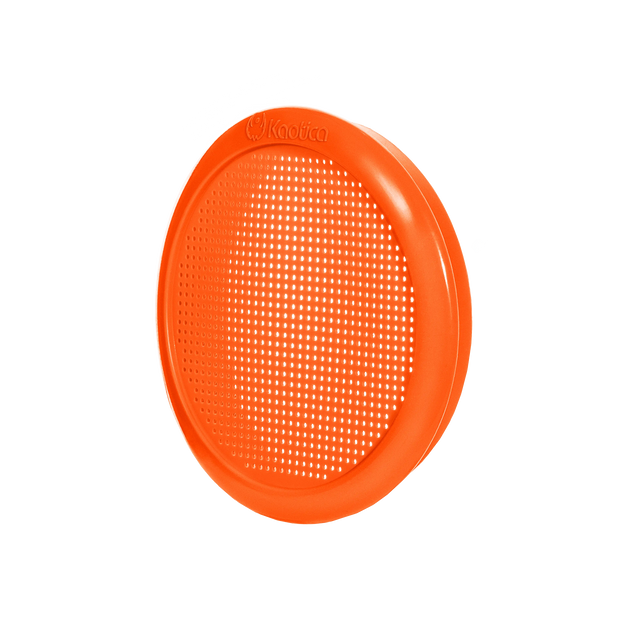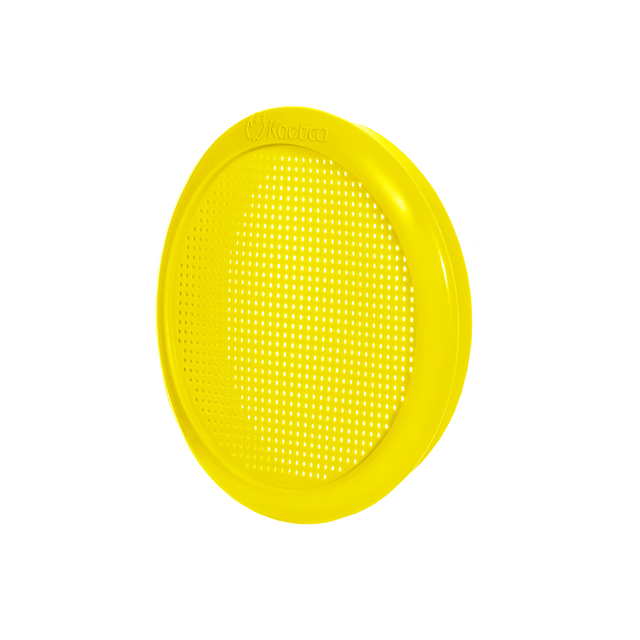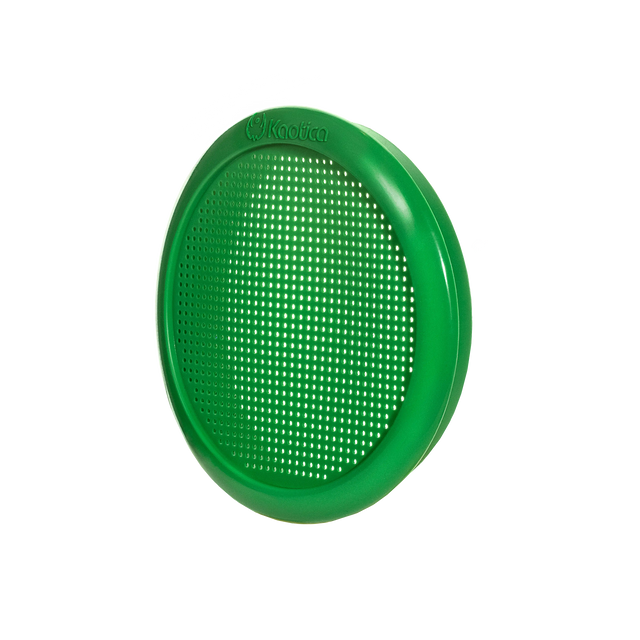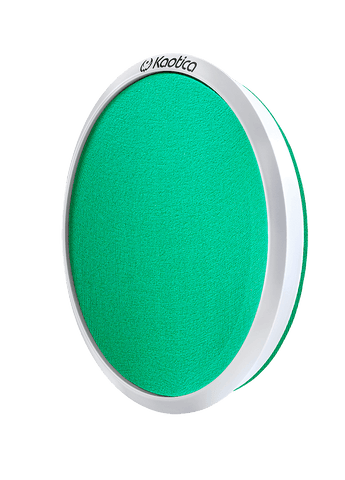KJ Contech | Snoop Dog Bible of Love
So what where you inspirations, how did this all come about?
Well, I don't have a very musical background as far as my family or myself. I come from a very traditional African family. Actually, my father is from Gambia, West Africa and he came to the USA in the 70s and basically he had been here until he had me. My mother’s from the Congo, the DRC and she's half Belgian but she was raised Congolese.
And in ‘85, while they were here in the USA pursuing their dream, they had me here in Los Angeles. In just under a year after I was born, they moved back to the Congo. In the late 80’s and early 90’s the Congo was looked upon as the kingdom of music in Africa. All the big music that's going on in Africa, from Nigeria or from Ivory Coast, their roots go back to the Congo, especially the commercial music. So I was forced to listen to a lot of Congolese music and it includes a lot of instruments so I paid attention. It's something that stuck to me.
"But traditionally in my family, there are not really any musicians that I can recall and it's not really looked upon as something that you want to do."
The Congo influenced all of Africa, especially in the 90s. These days Nigeria has the upper hand but back in the 90s up to the early 2000s 80s 70s all of that, Congo I would argue was number one. I'd be listening to my father's music all the time. He loves Congolese music. And so I want to say that's probably my introduction to music. For me, as far as Western type influence it was Michael Jackson. Anyone who was around me can recall that the first thing I would do is sort of dress up like Michael Jackson and dance like him.
Unfortunately, in the early 90s they had the war in Congo, the coup d etat that had happened. So we are forced to leave the country. We literally escaped the country. Let me tell you a story. So we weren't allowed to leave the house or anything ever. All night, all day we heard gunshots and explosions. So one day I'm with my mom and we happened to look out the window. I'm looking at this lady holding a sharp object and the soldiers are arguing with the lady right. And the lady has making these strong gestures and the guy pulls out an AK 47 and just you know killed her.
"And that was my first taste of how cruel this world could be."
Fortunately, my mom was Belgian and she also had Belgian citizenship. So we ended up going to Brussels and we ended up staying there. I did my early elementary and middle school there. And I don't think my dad liked it very much. Then in around ’97 we went to South Africa because of opportunities for my father. Basically, in South Africa that's where my real passion for music really took hold.
"South Africa is rich in culture, especially musically because they have an influence like house music, tribal music then they mix it together. They call it kwaito."
And I would go into a predominantly American school where a lot of Americans were going to at the time. They would listen to hip hop and I love hip hop. It was always a great love of mine. But I would secretly listen to South African music too. And on weekends, all my friends were South African. There were a lot less constraints being with these guys. And that South African music influenced me a lot, the melodies and everything. Like it was one of the biggest influences in my life.
And then throughout this whole time I'm also listening to Congolese music with my father. And my mother would always listen to old European music, old 70s, disco and soul music from the USA as well. And so I was bombarded with music whether they wanted me to be or not.
I had been accepted to Cal State L.A. here. So my parents were like, OK you can go to the states. But first you got to get your degree. So I went and did that. But at the same time I was taking courses at S.A.E. which is a big Australian school and they're like one of the biggest engineering and production programs.
"After I satisfied my parents wishes I set about satisfying what I wanted to do, which was music."
So with that experience under my belt I sought out internships. I had worked out with LT Hutton, the guy who produced the Tupac movie, All Eyes On Me. I met my beautiful girlfriend Ellie and she had been actually doing a lot of work for Aftermath. It was called Paramount.
"I didn't have enough money at the time so I had my laptop in my car. I would plug in the Aux cord into the car’s aux input and the car speakers would be my monitors. So I would produce in the car or whatever outside of Paramount."
And you know I would see this girl that would sometimes pull up and she was doing business with these people. And eventually once she stopped and she's like ‘what are you always doing here?’ I was kind of embarrassed and I was trying to act like I was a fan or whatever. But she heard my music and she took it to a friend. This friend, turned out he was actually working for Dre. Within a couple of days of him hearing my CD she came back and told me that they said whoever is making those CDs we need more of his music. And she came and told me that I didn't believe her at first. I thought this was just another Hollywood story. They invited me in. So when I went in there for the first time I met this guy. He tells Darcy and Dre’s artist at the time [when the master] and you're done. He had already done a couple tracks to this song that I'd given on the CD.
So I wish house that come out. You know I was naive and super excited. I didn't even think about paperwork or anything. I was just like oh my god. Dre’s artist, I'm in Aftermath.
"With that said, I eventually came back and brought in more music. I've got familiar the people and at the time, unknowingly I was working with Sly, who I work with a lot today. But now this guy, we’ll call him Mr. G, who originally heard my CDs, unbeknownst to me, he was walking into the studio and delivering beats and saying they were his own."
And then when I found that out we already had a studio together by this time. Because he basically saw the talent in me and he wanted to partner up. It was supposed to be like I produce and he places the music. Sometimes I wouldn't even get paid and he would always say it was produced by him.
And the guy was not really a producer or anything you know, more like a manager type. I basically confronted him and then we split. There was a song that I had produced at the time called Sunset Boulevard. I had originally done the beat at Dre’s but I guess they didn't use it.
So a guy called Rosco, Corrupt’s younger brother had actually recorded it on him and when Corrupt heard it he was like “wait wait what’s that beat right there?” And he's like “yo it’s this guy, Mr. G.” And then Corrupt went to Snoop and Snoop fell in love with the track and the song they eventually recorded was L.A. Here’s To You to that track. And that was one of their most well received songs in many years right.
So eventually they had been hearing rumors about it not really being produced by Mr. G. Snoop actually knows Mr. G because he had been working for Dre for a long time as Snoop and Dre, they go way back. I found out Snoop was touring in South Africa and took a flight there and met him while he was on tour. We actually recorded some big songs in that hotel in South Africa. But short story is I explained the whole story to Snoop.
And Snoop called Mr. G and confronted him and asked, “Yo, are you the one making those beats and he had to admit that I produced it. So that didn’t work well for him and kind of gave me points. So I became Snoop’s producer from then on.
And then about three, four years after that I got called in to go work at Dre’s studio that he called Record One in L.A.
"I worked there for a whole year straight and now I’ve just been with the family ever since."
Growing up, like Dre was always who I looked up to as far as working on my craft. Yeah. But as far as in the business and in my career, Snoop is the guy that launched my career hands down. He gave me all the opportunities and he opened all the doors. He's the one who really believed in me when nobody else really did you know.
What advice would you give to the youth of today? What made you successful in your journey to get to where you're at?
What I would say is don't take no for an answer. If somebody tell you something just find it in yourself to keep pushing because there's always a brighter side at the other end. Even for myself as we speak. I'm going through a hard time and I say you know my younger brother passed away. And I have to find motivation every day to keep doing what I do now.
"But I love music enough. It's kind of like therapy to me And in this time of hardship music is the one thing that really keeps me sane. And my girlfriend, Ellie."
I have another brother, his name is Bo. He's the one actually right after me. He he also lives he has. I want to say he has. He’s in the Congo right now as we speak. He has the best ear like he can pick out a hit in two seconds. Like any song that I'm about to send you know especially to. I can tell from his reaction whether it’s a hit you know.
How did some of your latest projects come together?
I was called in by the Dawg. He sent me a message and he included a couple of other big people, stars such as Faith Evans, Biggie’s ex wife and Battle cat. You know he's one of the biggest producers, one of my mentors out here on the west coast. A God himself, in his own right. Yeah. Couple other big guys you know people that are famous in Christian music, which I'm not too familiar with. Snoop basically got us on a little conversation thing to talk about what he had in mind for the project and we execute it from there. And you know what I did. I went back and contacted the gentleman by the name of Sly Pyper, the same guy I was talking about earlier. He’s Dre’s right hand man. He basically writes with Dre. every time and they're always in the studio writing together and throwing ideas at each other. But he also helped me a lot when I was in there showing me the ropes. And he's one of the best musicians, vocalists period that I know. I contacted him and I asked him if he was available for this project. And fortunately he was and we got in the studio and got to work and he did two of the hooks out of the three songs. He's on tour and he co-wrote two of the hooks and they came out great. Nothing but positive reviews.
So how does technology impact your art?
I'm not supposed to say this, but it’s made my craft a lot easier. Not to say that I prefer it. Sometimes it's time efficient because back in the day people didn't have Pro Tools. We couldn’t have all these VSDs, virtual instruments that you could load up on your DOS system. Now you can go and download a compressor VSD and basically get it was just as good as the guy who ran it through an SSL. Don't get me wrong the hardware will always sound better to a real engineer and to me. But for the general public it sounds fine. You know a lot of tracks that we hear today have been recorded completely on the computer. If you have a good engineer behind it, it will sound fine.
"And so there's no excuse for people to say that like recording that and all of that because all you need is a 300 dollar mic, a small preamp that you can get for $199 and you get a Kaotica Eyeball. Man, you get a Kaotica Eyeball and you've got a vocal booth. And that's a wrap. You could release great music right there. All normal stuff."
So how's the Eyeball impacted your art?
For me personally it's the best. There's no need to try to find the best area to record, especially if I’m traveling or I’m with an artist on tour. there's no need to try to find the best area in the room to record. All we do is throw the Eyeball on the mic and the vocals are just isolated perfectly.It just cuts through straight to the vocals.
"Snoop, that's all he uses. Dre, as you know yourself, that’s all he uses. Anybody that I've encountered or given the Eyeball to, that's all they use now."
And I think that is basically the future of recording Because if you want to build a home studio you want to get affordable things. You don't want to exaggerate that then you've got to build a booth, which is costly and time consuming. It’s better to get the Kaotica Eyeball. It’s cost effective and sounds a lot better than a lot of the booths I’ve been in smaller studios. It kills. It’s the future. I don’t record without it. Period.










